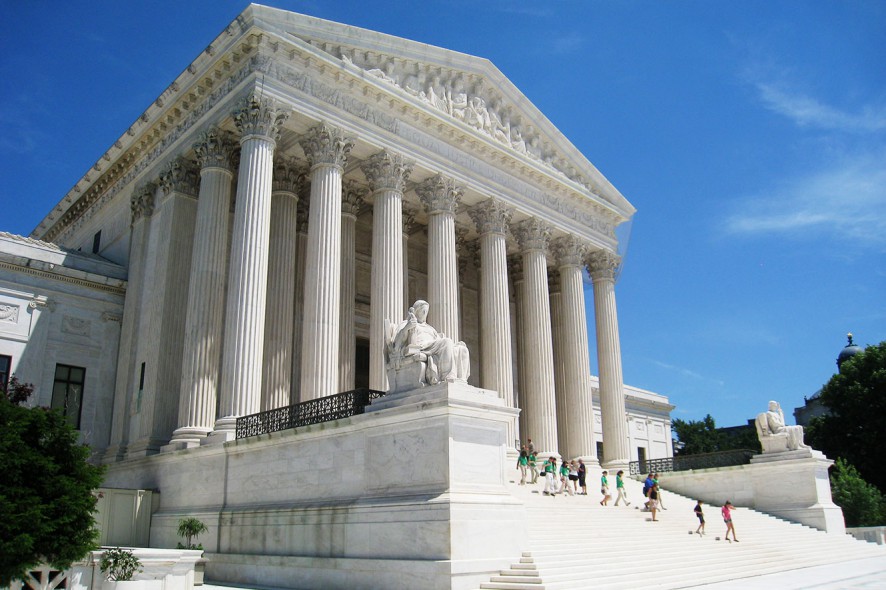Supreme Court of the United States (SCOTUS): Elena Kagan, J. has clarified that a party challenging arbitration does not need to prove that it experienced any prejudice in order to establish the other party has waived its right to arbitration by pursuing litigation. The genesis of this deliberation is in the eighth circuit precedent, which had adopted the requirement under which a party waives its right to arbitration to be if it knew of the right; “acted inconsistently with that right”; and “prejudiced the other party by its inconsistent actions.”
Factual Background:
The parties, had signed an agreement pursuant to which any employment dispute was to be arbitrated. Subsequently, the petitioner filed a nationwide collective action against the respondent for violating federal laws regarding overtime payment and the same was defended by the respondents. However, later the respondents moved to stay the litigation and compelled arbitration under Sections 3 and 4 of the Federal Arbitration Act (‘FAA’).
It was the petitioner’s argument that the respondent had waived its right to arbitrate by partaking in the litigations. The eighth circuit had rejected the petitioner’s argument on the precedent that there was no harm suffered by the respondent’s delay in compelling the arbitration.
Observations and Decision:
The Bench clarified that the requirement of showing the harm caused/prejudice was not a feature of federal waiver law generally. The eighth circuit along with a handful of others had specifically adopted the prejudice requirement in the arbitration context because of the federal policy that favours arbitration.
Further, it was held that this policy of the FAA does not authorize the federal courts to invent special, arbitration-preferring procedural rules and the courts should refrain from devising novel rules to favour arbitration over litigation.
The Supreme Court reiterated that the intent of the federal policy is not to foster arbitration, but is rather about treating arbitration contracts like any other contract. The courts are not to create arbitrations specific procedural rules. [Morgan v. Sundance, 2022 SCC OnLine US SC 5, decided on 23-05-2022]
Parties appearing before the Court:
For petitioners: Karla Ann Gilbride
For respondents: Paul D. Clement






